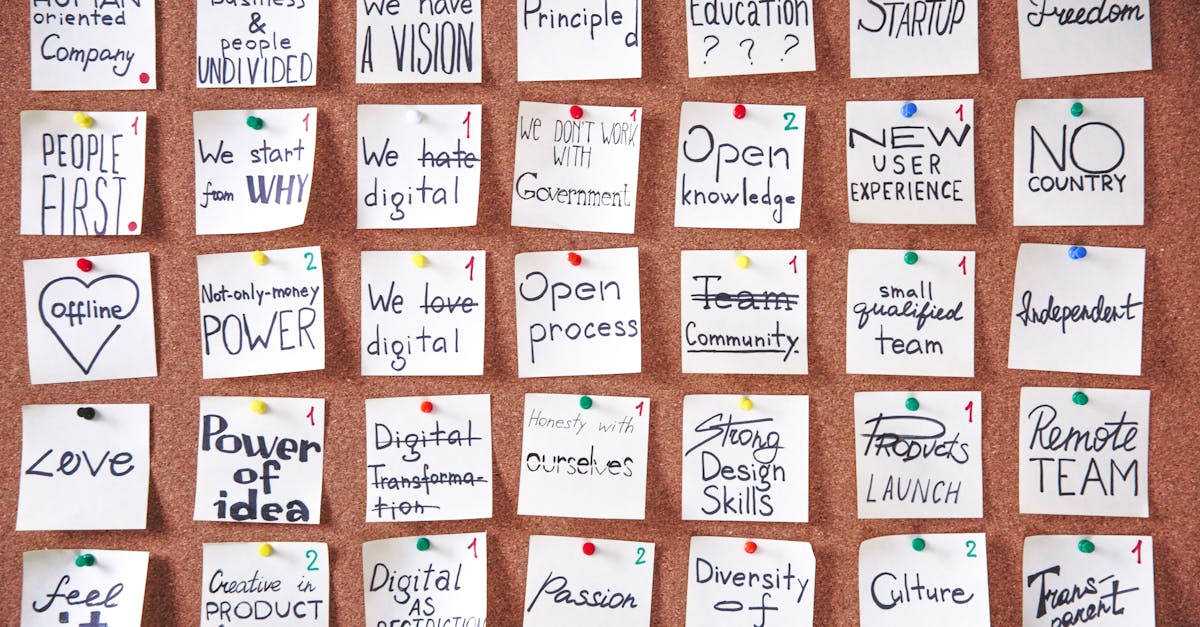Welcome to our community in pursuit of growth and success.
Your development is at the heart of our priorities.
Together, we will explore the paths of your potential.
We use cookies and data to optimally offer and maintain our services. This helps us track performance and protect against spam, fraud, and abuse. By measuring our audience’s engagement and our site statistics, we better understand how to improve the quality of our services. By choosing to accept all cookies, you contribute to the development of new services and the personalization of your experience, with content and ads tailored to your preferences.

How Women Leaders Integrate Artificial Intelligence into Their Strategy
In the digital age, women leaders are increasingly turning to artificial intelligence (AI) to enhance their organizational strategies. Integrating AI allows for optimizing processes, improving decision-making, and driving innovation. For example, a technology coaching program helps women adopt AI solutions tailored to their specific needs. By using advanced analytical tools, they can identify market opportunities, anticipate trends, and customize offers to better meet customer expectations. Additionally, AI facilitates human resource management by automating administrative tasks, enabling leaders to focus on more strategic aspects of their role.
What Skills Are Women Leaders Developing to Manage AI?
To navigate effectively in an AI-dominated environment, women leaders are investing in developing key skills. Learning data literacy is essential, as understanding and interpreting data enables informed decision-making. Furthermore, mastering programming languages and data analysis tools becomes a valuable asset. Skills in change management are also crucial, as AI integration leads to significant organizational transformations. Moreover, female leaders are focusing on developing skills in AI ethics, ensuring that the technologies implemented adhere to high ethical standards and promote equitable inclusion. Initiatives such as leadership coaching programs provide a structured framework to acquire and refine these essential skills.
How Is AI Transforming Female Leadership Roles?
Artificial intelligence is redefining female leadership roles by providing new opportunities and altering traditional dynamics. AI enables female leaders to delegate routine tasks and focus on more creative and strategic aspects of their role. Moreover, AI technologies promote faster, data-driven decision-making, thereby enhancing the efficiency of leaders. Internal communication is also improved through AI tools, facilitating collaboration and the management of remote teams. Additionally, AI contributes to recognizing female talents by identifying skills and performances that might otherwise go unnoticed. Leaders like Nicole Schmitz illustrate how AI can be used to amplify the impact of women in leadership roles, providing them with the necessary tools to excel in their positions.
What AI Tools Are Essential for Women Leaders Today?
Women leaders use a variety of AI tools to optimize their management and decision-making. Data analysis platforms like Tableau or Power BI allow for intuitive visualization and interpretation of data. Chatbots and virtual assistants, such as ChatGPT, facilitate internal communication and manage repetitive tasks. Project management software that integrates AI, such as Asana or Trello, helps organize teams and track project progress in real-time. Additionally, AI-based recruitment tools like LinkedIn Talent Insights help target and attract top talent. Furthermore, specialized platforms offer training and development programs in female leadership, such as effective communication for female leadership, which include modules on the strategic use of AI.
How Can Women Leaders Overcome AI-Related Challenges?
In the face of challenges posed by artificial intelligence, women leaders adopt proactive strategies to overcome them. One of the main obstacles is the technological barrier, which can be alleviated through ongoing training programs and mentoring initiatives. Participating in networks of women in tech, such as those highlighted in the inspiring journey of Jean-François Vibert, allows for sharing valuable knowledge and resources. Furthermore, promoting an inclusive and change-friendly corporate culture facilitates the adoption of AI within teams. Women leaders also emphasize ethics and transparency in the use of AI, ensuring that the technologies deployed adhere to high standards and build trust among team members. Finally, they leverage data management tools to anticipate potential challenges and develop tailored solutions, thereby ensuring the effective and responsible implementation of AI.
Managing Data and Privacy in an AI-Dominated World
In a context where artificial intelligence heavily relies on data, managing privacy becomes crucial for women leaders. It is essential to establish robust privacy policies and ensure that all collected data is used ethically and in compliance with existing regulations. We use cookies and data to maintain services, protect against abuse, and improve the user experience. If you choose to “Accept all,” we will also use this data to develop new services and personalize content according to your preferences. By opting for “Reject all,” you will limit the use of cookies for non-personalized purposes. For optimal management of your privacy settings, select “More options” and visit g.co/privacytools.
The Importance of Ethics in AI Usage by Women Leaders
Ethics plays a fundamental role in the use of artificial intelligence by women leaders. They ensure that the adopted technologies align with the company’s values and adhere to principles of fairness and equity. This includes preventing bias in algorithms, protecting personal data, and ensuring transparency in decision-making processes. As leaders, they promote the responsible use of AI, raising awareness among their teams about ethical issues and encouraging ongoing reflection on the impact of the deployed technologies. Initiatives such as technology leadership coaching programs incorporate modules on AI ethics, enabling women leaders to navigate this complex field with integrity and responsibility.
Building a Culture of Innovation Through AI
Women leaders leverage artificial intelligence to establish a culture of innovation within their organizations. By integrating AI tools, they encourage their teams to experiment with new ideas and adopt creative approaches to solving complex problems. AI facilitates brainstorming by providing relevant data and insights, thereby generating innovative concepts. Moreover, AI-based collaborative platforms offer spaces where employees can share ideas and collaborate in real-time, fostering a continuous dynamic of innovation. Furthermore, women leaders promote continuous learning and training in AI, ensuring their teams stay at the forefront of the latest technologies and methods. Initiatives like effective communication for female leadership support this effort by providing tools and strategies to integrate AI smoothly and effectively into innovation processes.












